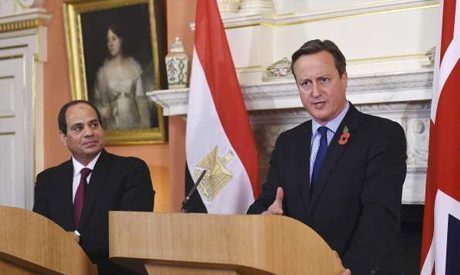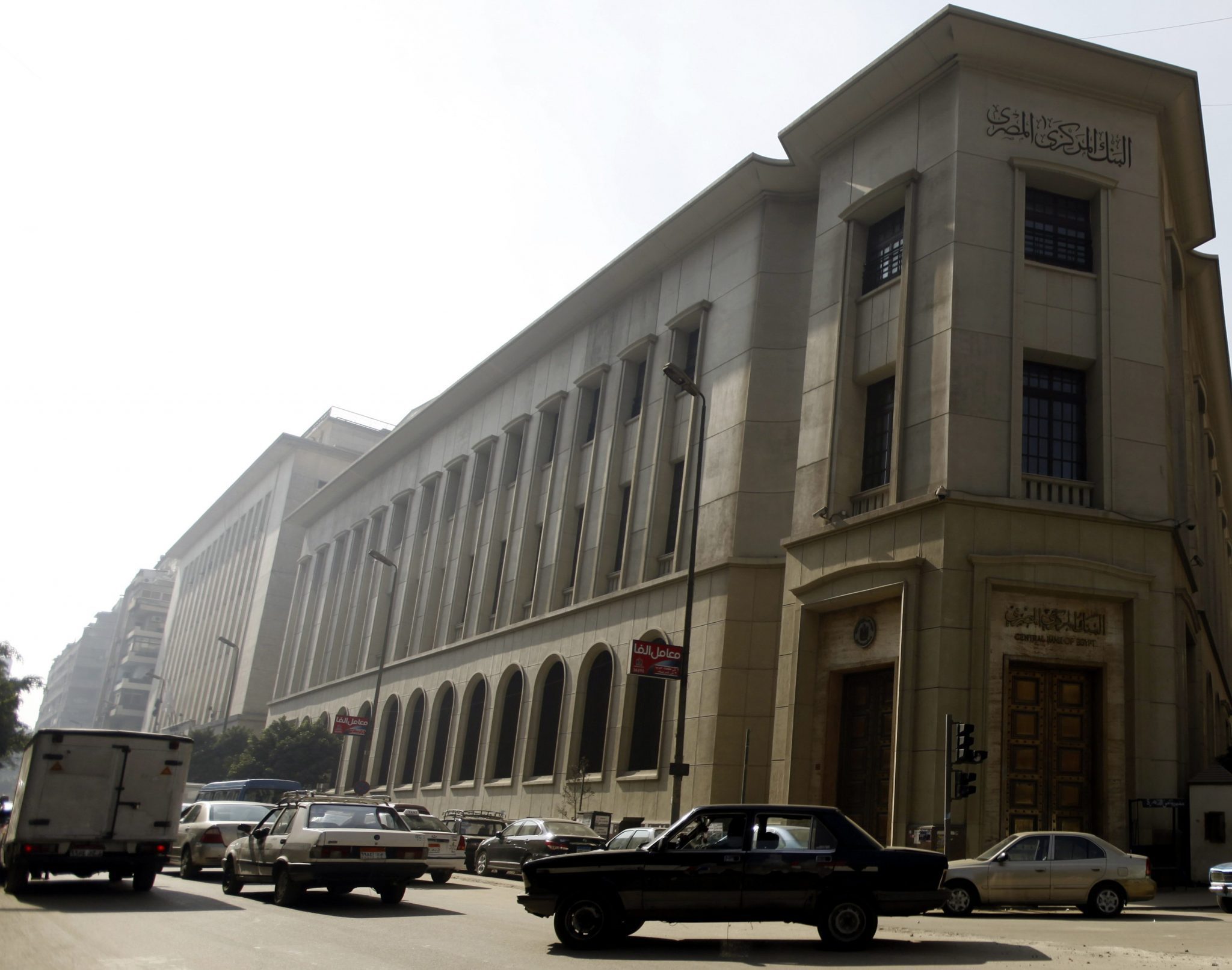
On June 24th, the United Kingdom voted in a referendum to exit the European Union membership, which will have its implications on many countries.
Egypt is one of those countries which will be affected by the United Kingdom’s exit from the EU.
On Friday, early economic forecasts showed worldwide economic markets in turmoil and instability as investors continue to monitor the British pound plunge.
Egypt has maintained strong ties with the United Kingdom in the political, defense, trade, and investment fields.
Since 2014, the Egyptian-British Chamber of Commerce (EBCC) upholds that trade continues to thrive between the two nations, and Egypt enjoys a free-trade agreement with the EU.
Moreover, Egypt’s tourism sector used to receive roughly 200,000 British tourists a year. But the exit decision will have negative consequences on the British economy, which means that the Egyptian tourism industry will be harshly affected as households will hold their expenditure on tourism caused by the drop in the sterling. Also, the UK suspended its flights to Sharm Al-Sheikh due to the lack of security in the Egyptian airports.
On the political level, it is still unclear and vague. Egypt used to have strong relation with the United Kingdom’s officials, but the future political uncertainty in the United Kingdom and the resignation of David Cameron will most probably affect the foreign policy with Egypt and the bilateral ties may weaken.
In addition, the Egyptian relation with the United Kingdom will be difficult in the light of the NATO. Because Britain is one of the major military powers in Europe, the joint military cooperation would be affected as well. In response, the United States might cease to provide a bridge between NATO and the European Union, which will affect the political and economic balance of power.
Moreover, the European Union without Britain will be inflexible, regulated and will raise obstacles to trade. Britain’s foreign direct investment (FDI) in Egypt makes up approximately 41.55. Also, the sharp decline in the pound sterling and investment capital will have its negative impact on the Egyptian economy.
In fact, the United Kingdom currently has 53 trade agreements which rooted out its former membership with the European Union (the world’s biggest trade area) and its direct market access to Europe.
In the same context, 22.9% of Egypt’s trade volume in 2013 was covered by the EU-Egypt’s main trading partner- and ranked first as both Egypt’s import and export partner, with a collective population of 500 million.
In in 2004, the Egypt-EU Association was signed which ‘establishes a free-trade area with the elimination of tariffs on industrial products and significant concessions on agricultural products.
Accordingly, the Brexit will strongly affect the Egyptian market’s access to the EU. Egyptian business owners in business and trade with the United Kingdom will lose their main access to the EU.
Pascal Lamy- the former head of the World Trade Organization- has stated that the Brexit will have a ripple effect on raising the British import tariffs on other countries’ goods, meaning that its Egyptian trade partner will be restricted access to the market.
Moreover, the free trade policy will be affected as well as liberalization policies and the new protectionist standards will replace the previous free trade measures. It is more likely that the post-Brexit rising taxes will greatly affect this volume of trade.
Since 2004, EU-Egypt bilateral trade has more than doubled and reached its highest level in 2014 (from 11.8 billion euros in 2004 to 25.5 billion in 2014). However, Britain’s exit from the European Union will cast its shadow on the trade with Egypt.



